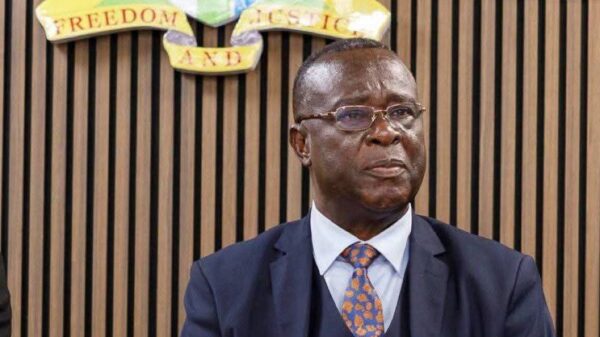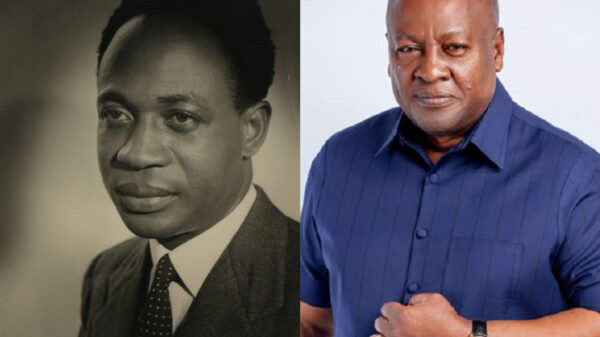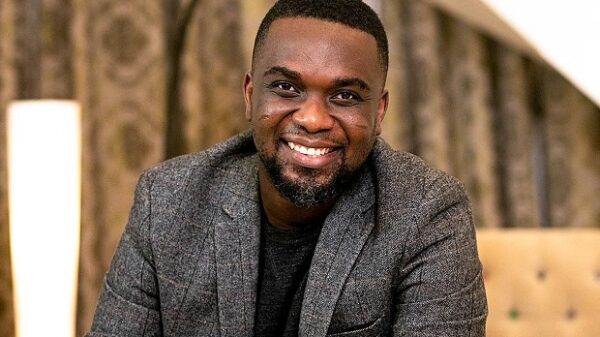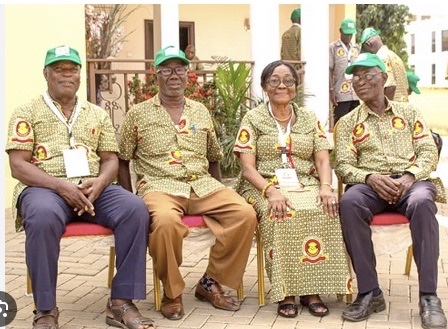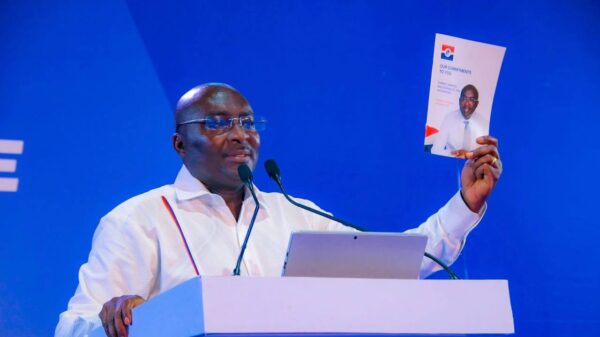On April 2, 2025, the Office of the President issued a directive suspending all post-retirement contract appointments for public servants with immediate effect. In simple terms, this means that retired professionals who had stayed on in their roles under contract will no longer be allowed to continue.
While this may seem like a step toward creating space for younger professionals or managing costs, the effects of such a sudden decision could be far-reaching and more harmful than expected. Many public institutions in Ghana rely on the knowledge and guidance of retired experts who return on contract to support critical work. These individuals often serve as mentors, problem-solvers, and stabilizers, keeping systems running smoothly with the benefit of years of experience.
With their immediate removal, key sectors like health and education could face major disruptions. Hospitals that depend on retired senior doctors, especially in rural areas, may now struggle to provide quality care. Schools and technical institutions that depend on experienced teachers or administrators may also feel the strain. The experience gap cannot be filled overnight.
Beyond the workplace, many of these retirees also rely on these contracts for financial support. Pensions in Ghana often fall short, and contract roles help many elderly professionals support themselves and their families. The emotional effect of being pushed out suddenly, after years of service, can also be deeply felt. Work gives people a sense of purpose and belonging and that should not be underestimated.
It’s not that change is bad. But perhaps there could have been a more thoughtful way to do this. A gradual review of contracts or maintaining retirees only in sectors with critical shortages could have provided balance ensuring the youth get opportunities without losing the wisdom of the experienced.
This decision may save money in the short term, but it could cost the country more in the long run through knowledge gaps, mentorship loss, and weakened public service delivery. Are we truly prepared to move on without the steady hands that once guided us





